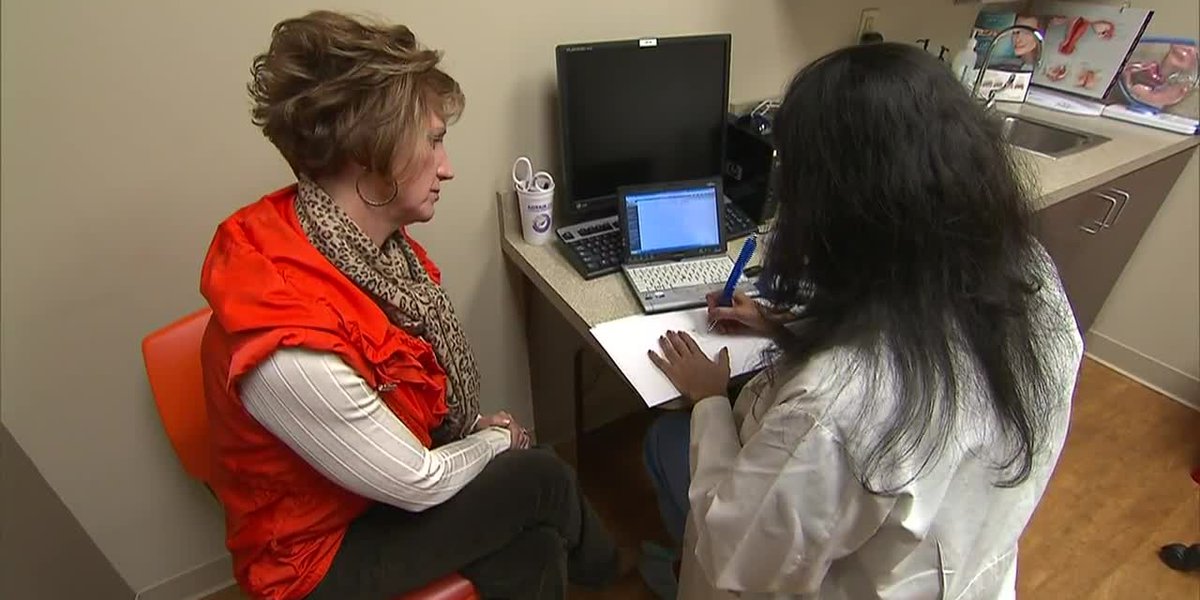[ad_1]
Some of the best business opportunities in health care will involve developing technologies that analyze and address the factors that contribute to health disparities. These opportunities have the potential to help people — especially those who remain neglected or entirely unserved by today’s health care system — maintain their health through proactive, holistic care, reducing the need for doctor and hospital visits.
Social drivers of health are the aspects of life that affect individuals’ health outside of health care itself. They account for as much as 80% of an individual’s health.
Social drivers include where you live, the state of your housing, the food you have access to, your transportation options, how much education you’ve received, your financial security, and more. For example, if your living conditions mean you don’t have nearby access to healthy food or affordable transportation to a better grocery store, don’t have access to a safe place to exercise, and can’t get much sleep because of your living conditions, you are much more likely to eat poorly, become stressed, get sick, and wind up in an emergency room.
advertisement
Addressing social drivers of health is often left to government programs and policies, which are subject to political winds and lack innovation or speed. So unhealthy lifestyles — as a result of unhealthy environments — remain an enormous problem. But enormous problems are fertile ground for innovative, change-the-world founders to create new enterprises.
My wife, Andréa, and I have seen firsthand the impact of social drivers. After I retired as CEO of Merck, she and I set up a clinic to bring quality health care to my old neighborhood in a poorer section of Philadelphia. We quickly realized that many of the residents’ health problems were a result of their lack of access to fresh, healthy food. In fact, this neighborhood is what might be called a food desert. With little access to healthy food, people in the community must rely on processed, fatty foods and are more likely to eventually develop conditions like diabetes and clogged arteries.
advertisement
What the research shows
Social drivers of health adversely affect minoritized and lower-income populations at far greater rates because they are more likely to live in neighborhoods without good grocery stores; are more likely to live in substandard conditions; and are more likely to forgo preventive care for financial and health literacy reasons.
Nearly 10% of Black Americans do not have health insurance, compared with 5% of white Americans, and lack of insurance leads people to delay medical care until a problem becomes dire. Covid-19 also made it clear that health care remains scarce in rural America. More than 180 rural hospitals have closed in the past 10 years, leaving many residents of small towns having to travel hours to see a doctor.
Improving social drivers of health has typically been a matter for public health departments. There have been some remarkable successes: effective sewage systems, safer drinking water, reduced air pollution, anti-smoking campaigns, and more have all added years to the life expectancy of everyone, including marginalized people.
But the best ways to understand and address social drivers and health inequity today are by building companies that profitably undertake solving such issues. No one company can solve it all; it will require an ecosystem of interoperating companies and technologies, and radical collaboration with existing health care systems.
A number of companies are showing the way, including Cityblock Health, a portfolio company of General Catalyst, which I work for. Founded in 2017, Cityblock uses software and partnerships with insurers and hospitals to bring health care to low-income people. The company is now worth more than $6 billion.
Another is Papa. The company realized that when seniors living alone have some companionship and a little assistance in their lives, they are less likely to get sick and require expensive medical care. So Papa built a platform to match young adults with seniors, and uses the platform to offer services such as telemedicine and chronic care management that help seniors live at home and stay out of hospitals.
Here are some of the opportunities that I believe founders of companies aiming to tackle health inequities should consider:
Collecting data on social drivers
Data are key to health assurance — a new category of health care that uses technology to help every person stay healthy and manage their conditions so they rarely need “sick care” in a hospital or doctor’s office.
While electronic medical records contain health data like prescriptions, heart rate, and lab work, they contain almost no information about social drivers of health — and no data that connect them to other medical conditions. In other words, medical professionals have no empirical evidence that shows how their patients’ social needs affect their health.
According to a study published in Health Affairs, health care professionals are “frequently flying blind, lacking data on both their patients’ social needs and the capabilities of potential community partners.”
A company that can collect data about social drivers of health, connect them to health outcomes, and analyze the data to find better ways for people to stay healthy and manage chronic conditions would be enormously valuable. I could see a pharmaceutical company wanting to be a customer, helping it understand why medications are more or less successful in certain populations. Health insurers would also find such information valuable.
While creating such a pool of data would no doubt prove challenging, the future of health care actually depends on someone getting it right.
Connecting health care to social services
There is a shocking lack of any kind of consolidated database of entities that provide social services that can improve health. A physician treating a patient who has diabetes and lives in a food desert, for example, can’t open an app and find a subsidized fresh food delivery service that could help her patient eat better.
Achieving health assurance means tying together all aspects of health. Doctors should be able to prescribe a social service that would improve health just as easily as they prescribe a pill. The U.S. needs companies that make that possible.
Improving health literacy
In my old neighborhood, some people with diabetes don’t show up at the clinic until their condition is so bad they need to have a foot amputated because of diabetes-related circulation problems. A tool that can educate and encourage disadvantaged people to be screened for breast and colon cancer or diabetes or heart health would be extremely beneficial. Many economically disadvantaged people simply don’t know enough about their health and health care options to get the help they need before conditions get serious.
I see the need for a company that creates a health literacy application aimed at marginalized populations. The “worried well” don’t need this — they tend to research (perhaps over-research!) their health conditions and have easy access to medical care. But people who aren’t so lucky need guidance that feels like it applies to them.
More virtual care
It’s just not possible to train enough doctors and build enough hospitals to provide easy access to care for every American. Quality care is especially out of reach for those living in inner cities and rural towns. The solution, in this era of mobile devices and cloud computing, is virtual care.
Of course, telemedicine already exists. And during the early days of Covid-19, it seemed that it would go mainstream. But it hasn’t. Perhaps it’s like the early years of videoconferencing, when apps like WebEx were used only occasionally until the pandemic and Zoom collided and made video calls as common as voice calls. Zoom’s brilliance was in making it robust and easy to use. We need Zoom-like advances in telemedicine, and business models that make it work for rural and inner-city populations.
Our mission at General Catalyst is to partner with founders to bring to life startups that address social drivers of health and health disparities. Health assurance companies will shape the future of our collective health and wellness, bringing to bear the technologies and solutions that enable proactive, holistic care that is truly accessible to all and in service of our broader society.
Ken Frazier is chair of health assurance initiatives at General Catalyst, a venture capital firm, and the current executive chairman and former CEO of Merck. He is also the co-founder and co-chair of OneTen, a coalition of organizations committed to upskilling, hiring, and promoting one million Black Americans into family-sustaining jobs.
[ad_2]
Source link


